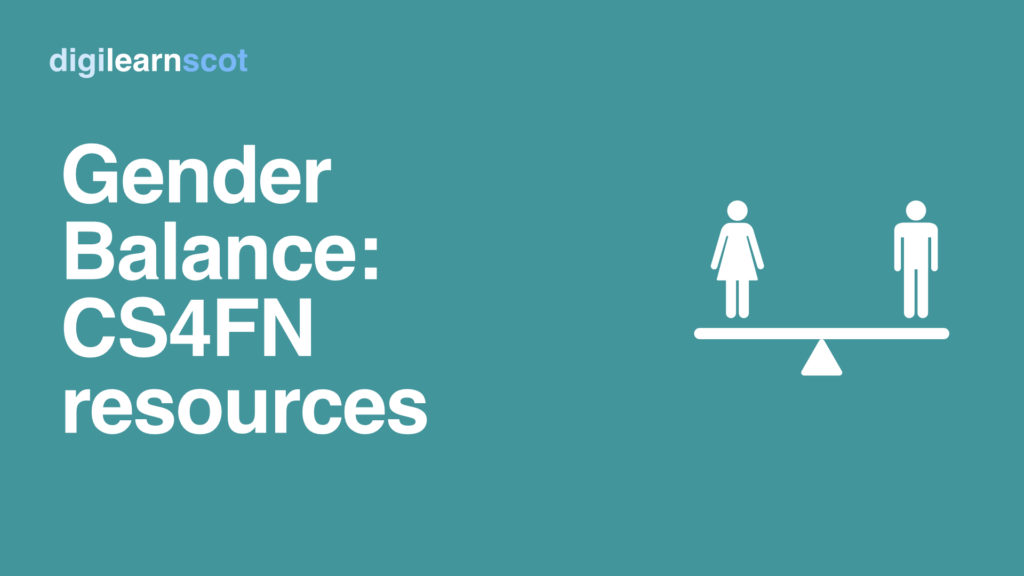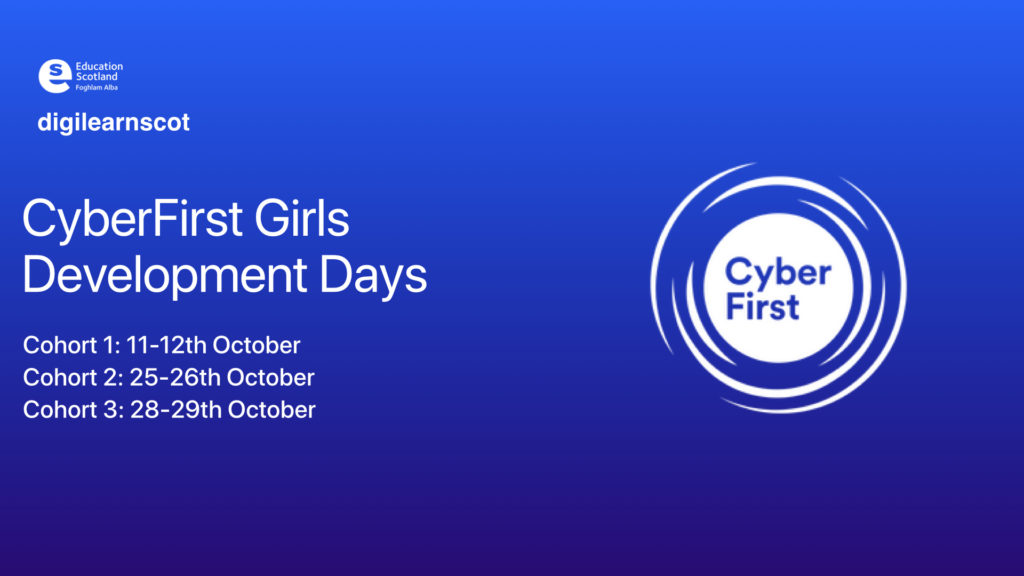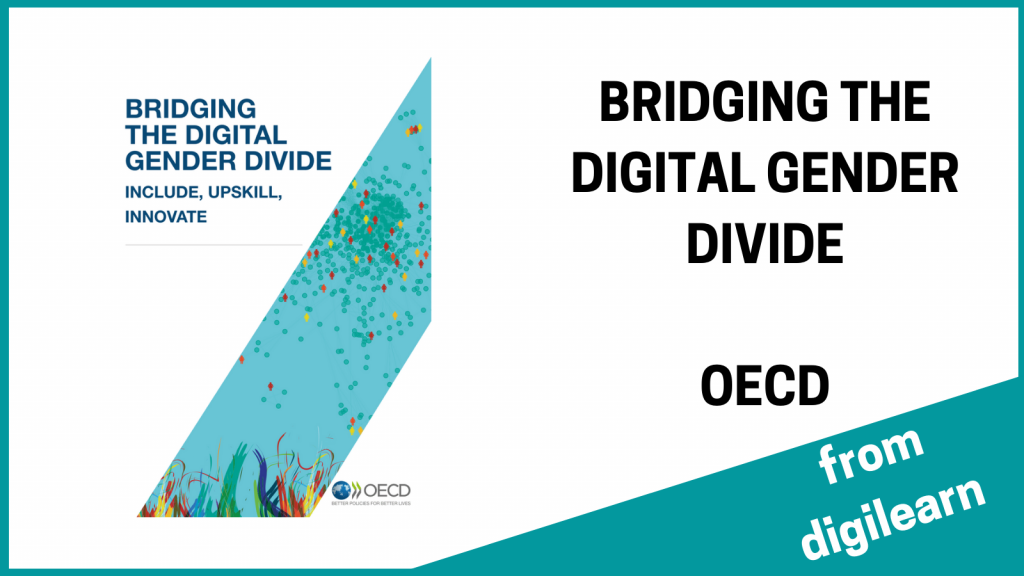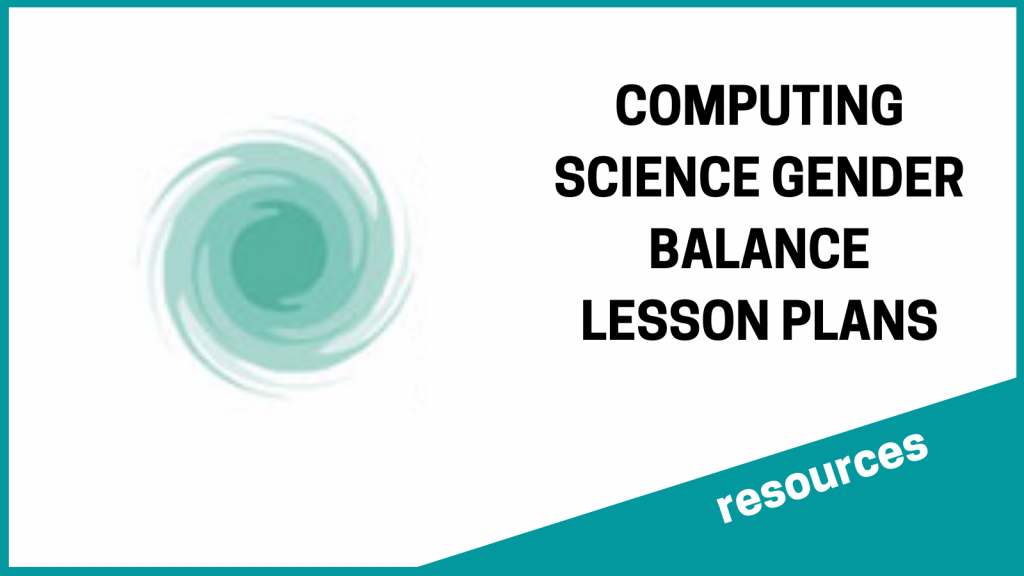This post is based on a report published in 2018 by the Organisation for Economic Co-operation and Development (OECD). The report aims to further strengthen the evidence base in support of the equitable participation of women in the digital economy. As the OECD report runs to more than 150 pages, I have written this post to share what I believe are the key messages, most relevant to educators in Scotland, and some of the guidance we are putting, or can put, in place to improve gender balance in computing and digital skills.
We are all well aware of the increasing gender wage gap, which is especially so in digital careers, and if we don’t engage girls, they’ll be further behind in terms of earnings and career progression. In terms of digital literacy, the report suggests that the ‘generalist wins out over the specialist’ – this is useful to consider when we plan our learning and teaching: do we need children and young people who are very good at one area or skill, let’s say coding, or would be preparing them better for the world of work by allowing them to experience data, security, web development and other areas all set in cross-curricular meaningful contexts?
Regarding gender balance in Computing Science, the report recognises that ‘girls perform better in collaborative tasks yet we celebrate completion/accuracy of tasks (think exams!) which don’t reward or mention the collaborative process’ – this made me reflect on my own practice, and while I would recognise good teamwork or effort that would probably be second to task accuracy or completion. So, do we need to upskill ourselves in supporting and developing collaborative learning – how to recognise when this is effective and how to feedback effectively on it – so that we can design learning and environments that foster, promote and celebrate collaboration?
It might seem like common sense to promote girls-only or girl-centred lessons, classes and clubs to engage more girls – and yet the research does not support this! The OECD points to the need for ‘girls and boys working together breaks down barriers and biases’ and ‘awareness raising of digital as a cultural norm for girls and women’, while ‘showcasing female leadership in digital’. So, next time you think of setting up girls-only clubs, is it worth thinking how you can ensure mixed-gender activities that promote the skills, abilities and characters of girls alongside those of boys?
In addition to the potential ‘barrier’ of gender to accessing computing and digital skills, how many of use consider the possibility of cultural and language barriers? Are our computing lessons relatable and meaningful to learners who speak English as an additional language? Does it fit their cultural capital – or that of their family? The ‘most exciting’ computing lesson (if such a thing existed) might be that for just one group while being less accessible to others. So, how do we ensure our lessons and activities excite and engage more learners, and not just more girls.
The DigiLearn team have been working with our Improving Gender Balance colleagues to ensure we implement as much of this in our support as possible. We are proud to say that we will ensure that our support for educators will:
- support engagement in extracurricular activities
- bear in mind gender-related considerations for teaching – this will be built-in to our webinars and web content
- raise awareness of women who lead in computing and digital skills – in and out of education
- support applications for funding that can be accessed to support or enhance female participation
Read the paper







